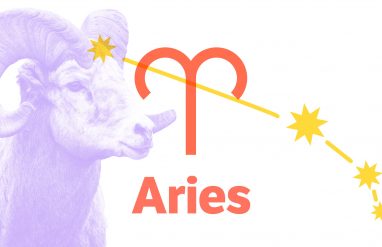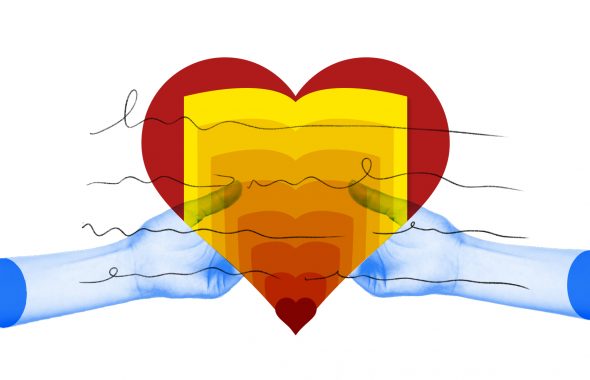Buy! Sell! It’s a bull market, no, it’s a bear market … wait, which animal do we want in the market?
The stock market has the potential to send hearts (and bank accounts) soaring one minute and plummeting the next. As a long-term investment strategy, it’s historically been one of the best ways for investors to grow their money, but it can also be an intimidating endeavor. Not only is there the potential for financial loss, but also the jargon surrounding it can be confusing.
While you may recognize the word recession, do you know what a black swan is? And how does getting your hair trimmed relate to the stock market? From haircuts to animals, the stock market is loaded with curious, and sometimes confusing, lingo.
After all, as Benjamin Franklin famously said, “An investment in knowledge pays the best interest.” Read on to see the connections between these terms and the infamous stock market.
























